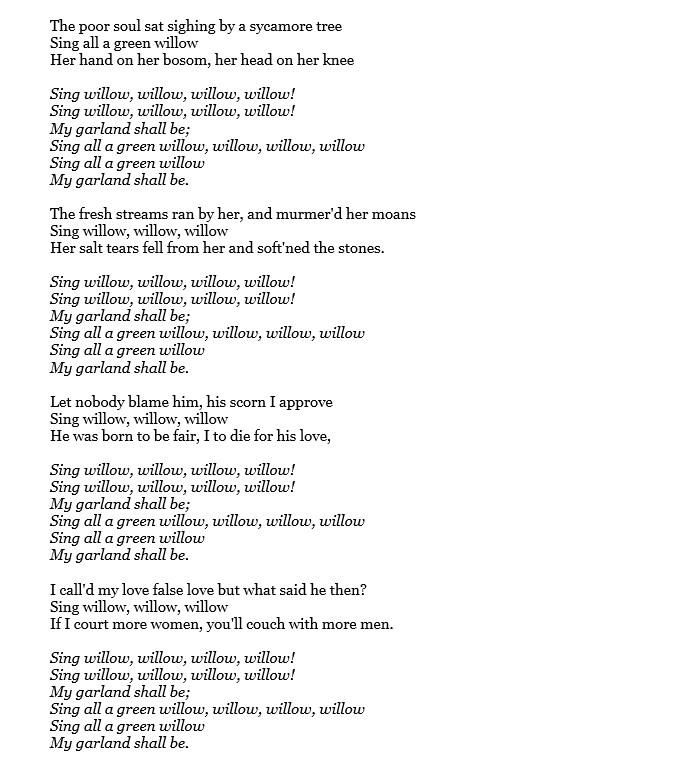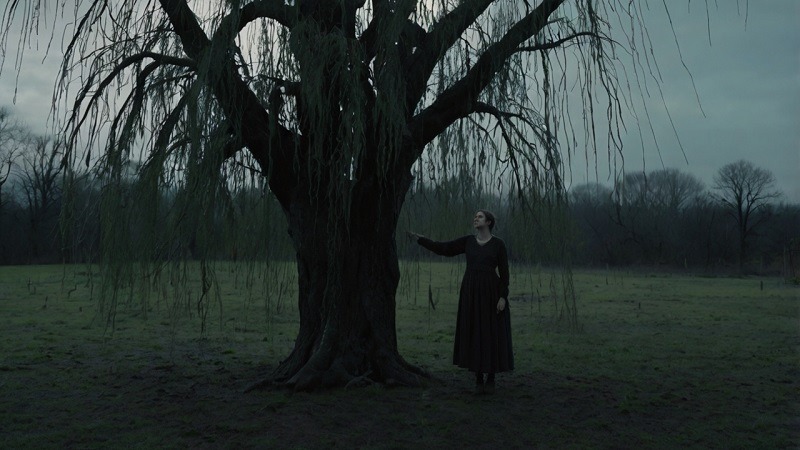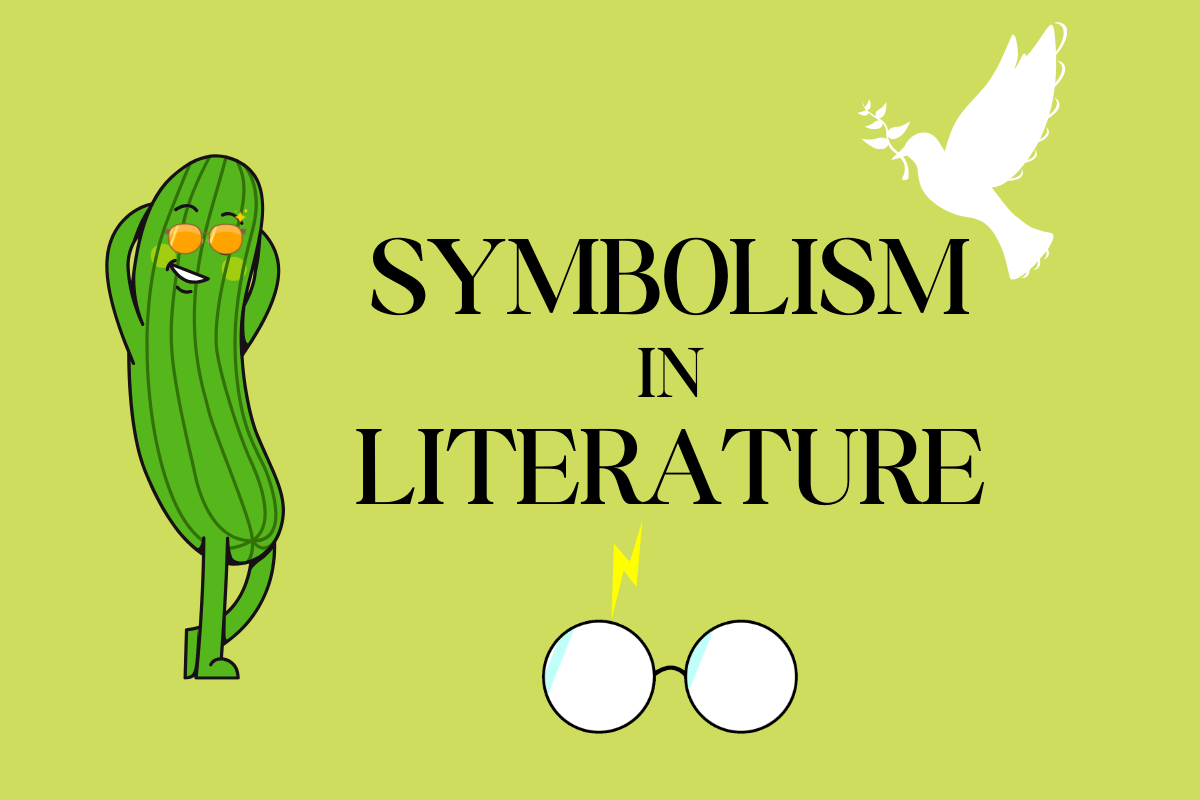In Shakespeare’s Othello, the Willow Song holds significant symbolic value. It is sung by Desdemona in Act IV, Scene III, as she faces the growing suspicion and jealousy of her husband, Othello. Let’s understand the significance of the Willow Song and its symbolism in Othello.
Significance of the Willow Song in Othello and its Symbolism
The Willow Song occurs in Act IV, Scene III. After sensing Othello’s growing hostility and estrangement, Desdemona prepares for bed and reflects on her situation with Emilia, her maid.
The lyrics of the Willow Song tell the story of a woman forsaken by her lover. It parallels Desdemona’s own fear of abandonment and betrayal by Othello. Although Desdemona is innocent of the infidelity Othello believes her guilty of, she still identifies with the song’s themes of a woman betrayed by her lover.
As she sings the song, Desdemona reflects on the fragile and tragic nature of love. Below is the lyrics of the Willow Song:

This sorrowful refrain underscores Desdemona’s sense of isolation and resignation. Her repetition of the word willow signals:
- It is a growing recognition that her fate is beyond her control
- Her love for Othello may not be enough to save her from his wrath
The Willow Song also serves as a commentary on the position of women in the society portrayed in Othello. The song reflects the play’s exploration of gender dynamics, highlighting how women are often the victims of male violence and jealousy.
Desdemona’s singing of the song just before her death emphasizes her vulnerability as a woman in a patriarchal society. Though she is loyal and loving, her virtues are not enough to protect her from the destructive forces around her. The song thus symbolizes the broader societal expectations placed on women, particularly in terms of fidelity. Also, it symbolizes the tragic consequences when these expectations are unmet, whether in reality or merely perceived.
Moreover, the Willow Song draws attention to Desdemona’s innocence, both in terms of the accusations of infidelity and her naiveté about the danger she faces. Her identification with the forsaken woman in the song reveals her inner turmoil as she grapples with Othello’s irrational anger. But it can be her tragic flaw of inability to fully understand the depths of Othello’s jealousy until it is too late.
Symbolism of the Willow Tree in the Othello Song
The willow tree itself carries significant symbolic weight. In both Western literature and folklore, the willow is often associated with mourning and unrequited love. Its drooping branches are emblematic of sorrow.
In Elizabethan England, it was closely linked to women who were abandoned or betrayed in love. The willow tree thus represents both Desdemona’s grief and her helplessness in the face of Othello’s jealousy.
Foreshadowing and the Ominous Tone of the Willow Song
The Willow Song foreshadows Desdemona’s tragic end. While she sings of a woman weeping over lost love, Desdemona’s song is a prelude to her own death at the hands of Othello.
The repetition of the word willow creates an eerie, almost hypnotic effect, reflecting Desdemona’s melancholic state and her growing awareness of her vulnerability. Shakespeare uses this moment to heighten the dramatic tension and to remind the audience of the inevitability of the tragic events to come.
Moreover, the song’s fatalistic tone reflects the sense of inevitability that runs throughout the play. Much like the woman in the song, Desdemona is powerless to change her circumstances. The song encapsulates this theme of fatalism, as Desdemona’s tragedy mirrors the woman in the song who is left to mourn her lost love.
Willow Song’s Emotional and Psychological Impact
Emotionally, the Willow Song offers a moment of reflection and introspection for both Desdemona and the audience. This song, filled with sorrow and resignation, mirrors her emotional descent into despair. Also, the song creates a moment of quiet tragedy before the violence of her death.
Psychologically, the song deepens the sense of impending doom. Desdemona’s calm acceptance of her fate, symbolized by her singing of this sad ballad, contrasts sharply with the chaos that follows. Her calmness in this scene highlights the irrationality and cruelty of Othello’s jealousy, making her death all the more senseless and tragic. The song, therefore, serves to heighten the emotional impact of the play’s climax. Also, it emphasizes the theme of innocence destroyed by blind rage.
Historical Context and the Willow Song Origins
The Willow Song is not unique to Othello, as it was a well-known folk song of Shakespeare’s time. It is associated with abandoned women and heartbreak. The lyrics describe a woman lamenting her lover’s unfaithfulness as she sits weeping by a willow tree.
The willow is traditionally a symbol of mourning and forsaken love in literature and folklore. It carries with it connotations of sadness and despair.
The song’s connection to unrequited or lost love would have been familiar to Elizabethan audiences, enhancing its emotional resonance when sung by Desdemona.
The folkloric roots of the song deepen the layers of meaning, as the willow is a recurring symbol of sorrow in English ballads and pastoral poetry. In Shakespeare’s works, symbolism often transcends its immediate context to reflect broader themes in the narrative.
Conclusion
The Willow Song in Othello is rich in symbolism, serving as a reflection of Desdemona’s emotional state. Also, it symbolizes a foreshadowing of her tragic fate and a commentary on the broader themes of love, jealousy, and betrayal within the play.
Through this song, Shakespeare weaves together themes of love and loss, fate and free will, and the destructive power of unchecked emotions, making the Willow Song a key element in the emotional and thematic depth of Othello.
Recommended: What is the Symbolism of Peter Pan’s Green Attire?





